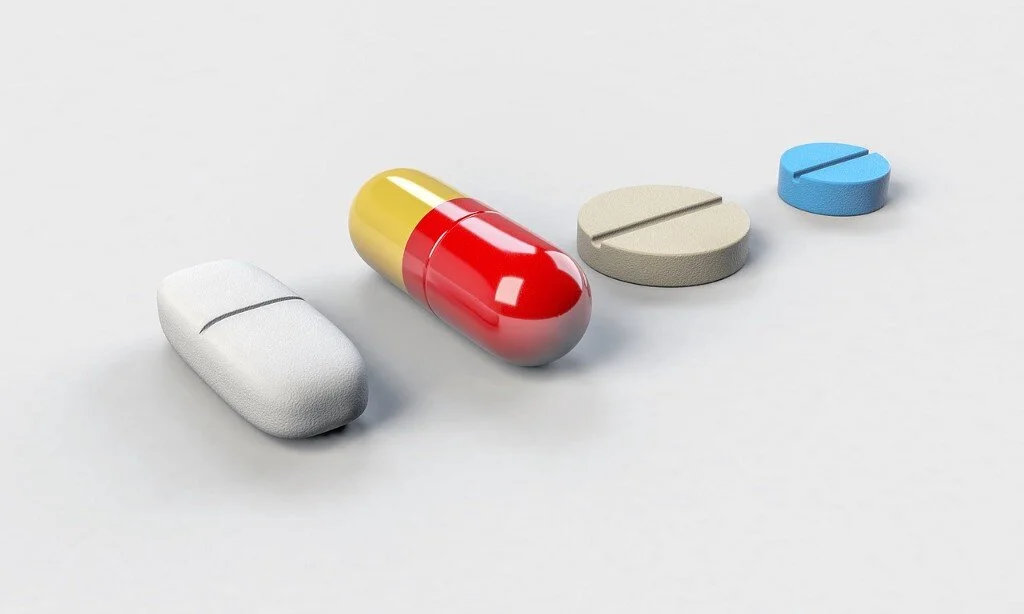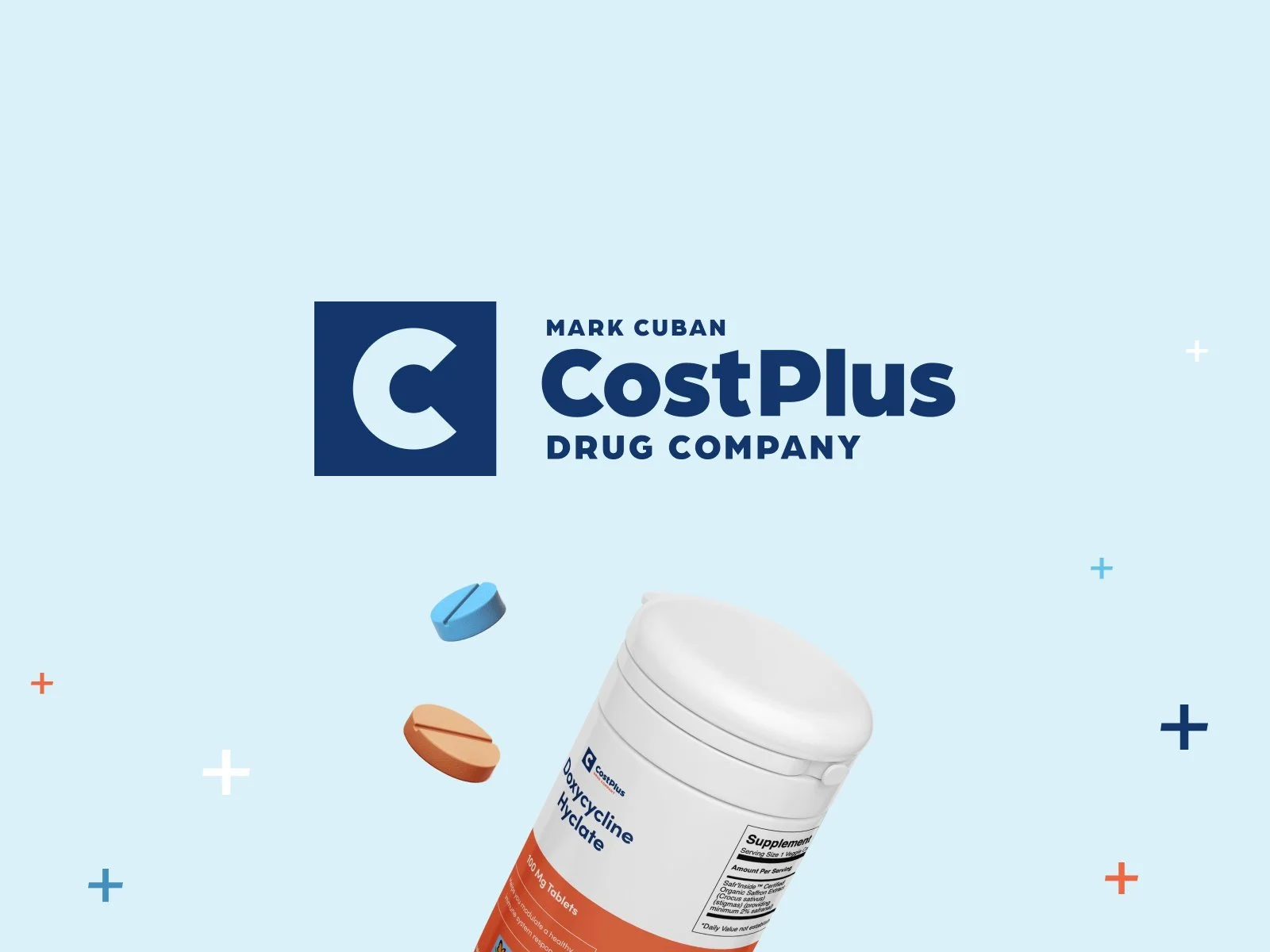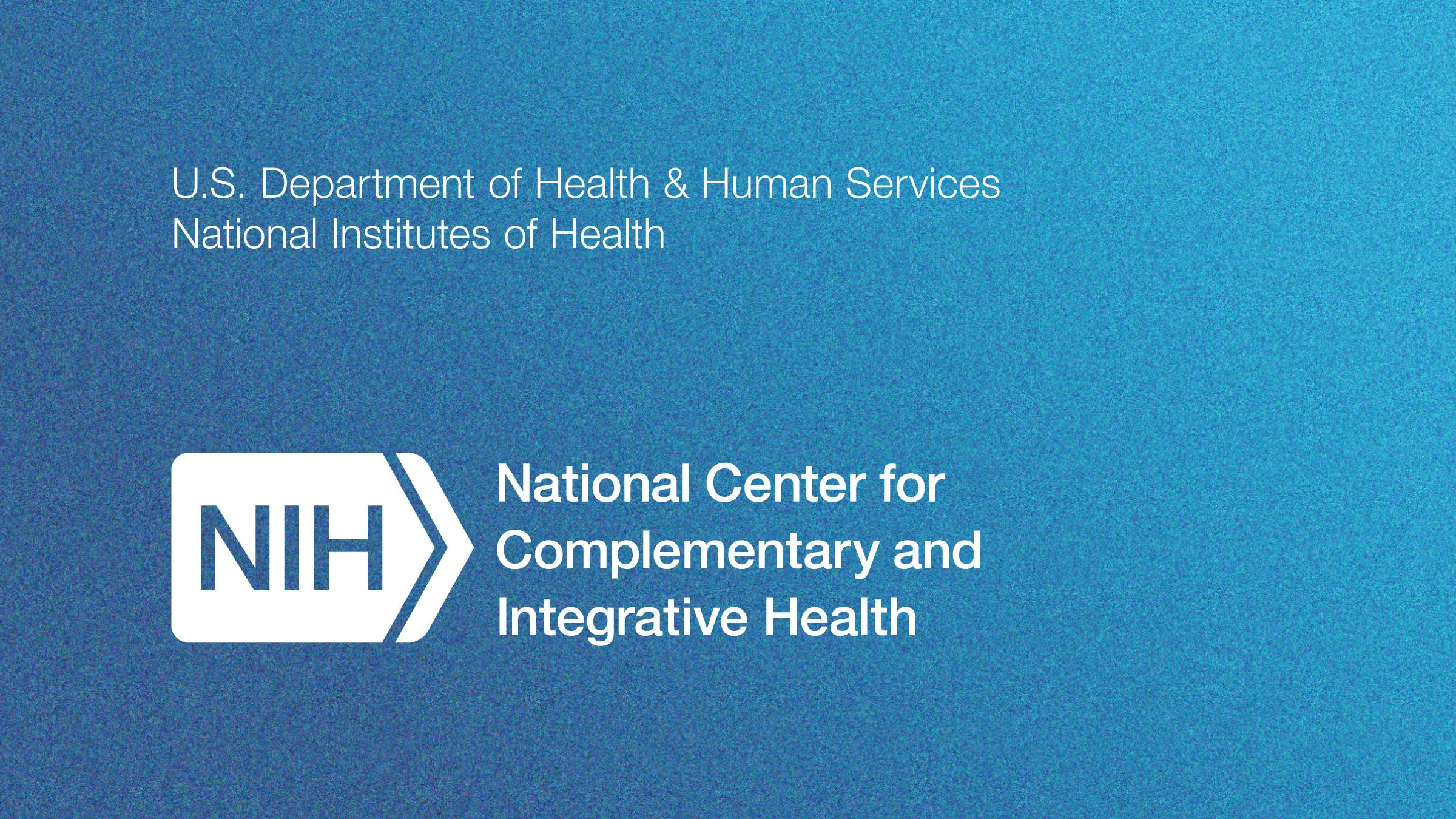Medication Education
Medications, also known as medicines or drugs, are substances used to prevent, treat, or cure diseases, relieve symptoms, or maintain health. They can be administered in various forms, such as pills, capsules, liquids, creams, inhalers, injections, and patches, among others. Medications work by interacting with the body's natural systems, such as the nervous, cardiovascular, and immune systems, to affect biological processes and treat or prevent illness. There are many different types of medications, including antibiotics, antivirals, antifungals, antihistamines, pain relievers, antidepressants, and antipsychotics, among others.
Yes, medication education can be an important component of improving health outcomes and reducing the cost of medical care. When patients are well-informed about their medications, they are better able to manage their health conditions and avoid complications or side effects from their medications. This can result in better overall health outcomes, fewer hospitalizations and emergency room visits, and lower healthcare costs.
Medication education can involve a variety of strategies, such as providing written materials, offering counseling or education sessions with healthcare providers, or utilizing technology such as mobile apps or online resources.
Goodrx
In less than 90 seconds, see how GoodRx provides prices and discounts for prescription drugs to save you up to 80%.
Cost Plus Drug
At Mark Cuban Cost Plus Drug Company, we offer hundreds of common (and often life-saving) medications at the lowest possible prices. We cut out the pharmacy middlemen and pass all savings to you.
drugs.com
Prescription drug information and news for professionals and consumers. Search our drug database for comprehensive prescription
medlineplus
Online health information resource for patients and their families and friends.
pill pack by amazon pharmacy
Your medication, made easy. No more sorting meds, waiting in line, or chasing down refills.
Your medication delivered, PillPack is a full-service pharmacy designed around your life.
National Center for Complementary and Integrative Health
They conduct and support research and provide information about complementary health products and practices.
ConsumerLab.com
Provides independent test results, reviews, ratings and comparisons of vitamins, supplements, herb and nutrition products to consumers
Dailymed
DailyMed provides trustworthy information about marketed drugs. DailyMed is the official provider of FDA label information (package inserts).
This Web site provides a standard, comprehensive, up-to-date, look-up and download resource of medication content and labeling found in medication package inserts.








